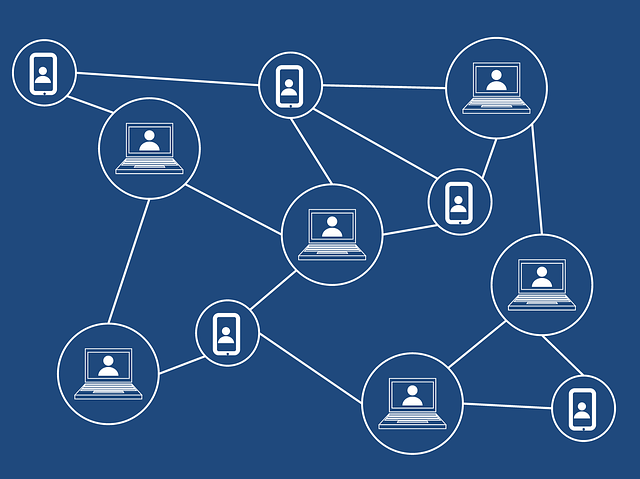This week independent power producer Marubeni and LO3 Energy said they have started a pilot project in Japan where LO3 will administer an energy marketplace using blockchain to connect a number of Marubeni’s power production facilities, including renewables, with offices and factories around Japan in a virtual marketplace. The project will simulate energy transactions to test the viability of the concept with the ultimate goal of creating a full-scale commercially operational network in the future.
LO3 Energy’s transactive energy platform was pioneered in the creation of the Brooklyn Microgrid. It utilizes standard electricity meters combined with blockchain-enabled TAGe computer devices to measure useful energy data and power quality information and communicate with other devices on the network to activate energy transactions.
The actual electrons flow through the normal grid transmission network, but the private, permissioned blockchain manages the transactional element – the definition of the energy source and the contract agreement to pay for it. Users set preferences via a dedicated mobile app, giving consumers the opportunity to choose preferred energy sources and how much they are willing to pay for renewable energy.
LO3 Energy CEO Lawrence Orsini said, “the Japanese energy sector is in the midst of a drastic transition, and there are increasing numbers of private power producers and suppliers interested in developing new customer offerings particularly in the renewable energy space.”
He added that though the first phase of this project is internally focused, “it is very much driven by the desire from Marubeni to explore the opportunities that blockchain management systems can offer in the transaction of energy throughout Japan.”
Chief Operating Officer of the Marubeni Power Business Div. Yoshiaki Yokota said, “Their successful use of blockchain in the Brooklyn Microgrid and other projects around the world has shown us the potential for providing consumers with more energy choices and, crucially, improving efficiencies in energy usage.”
He added that the project with allow the company to evaluation how blockchain could work in Japan and help them “develop case examples that we can use to decide how and when this kind of project could be implemented widely.”




